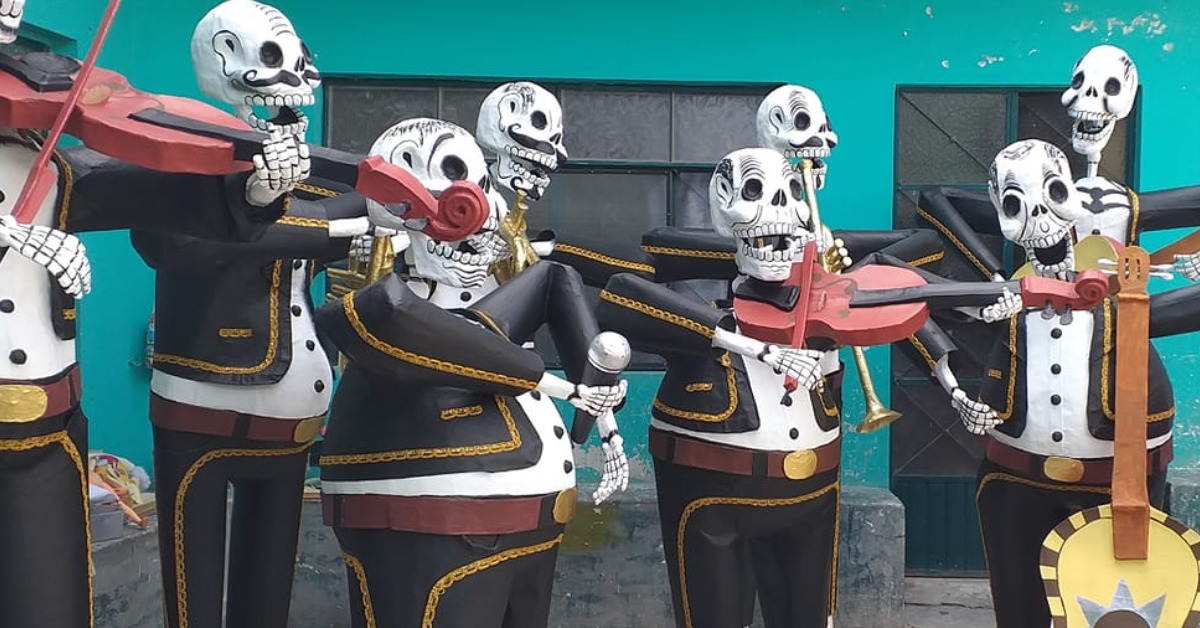After 43 years of crafting papier-mâché masks and figures, Juan José Montiel’s iconic San Miguel de Allende workshop may soon close, ending a chapter in Mexican folk art . . .


After 43 years of crafting papier-mâché masks and figures, Juan José Montiel’s iconic San Miguel de Allende workshop may soon close, ending a chapter in Mexican folk art . . .
